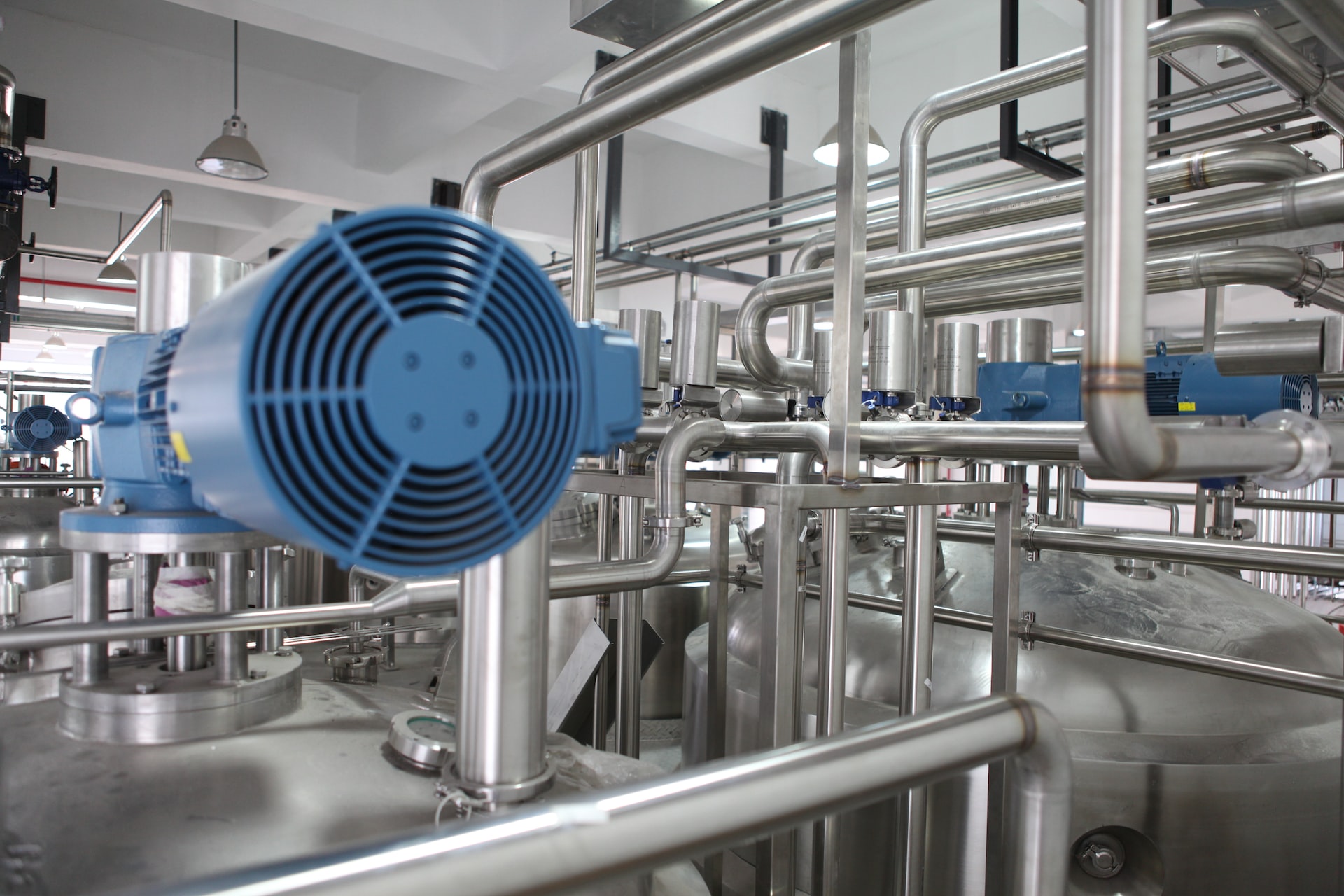Industrial process filters come in different forms. They include Pressure, Gravity, Magnetic and Media-based filtration. Each has its benefits. The most common advantages are their reliability and cost-effectiveness.
Pressure filters
Using industrial process filters Virginia to filter out airborne particles has several benefits. They help to minimize health and safety risks, decrease energy costs, and improve equipment life. These filters are easy to use and maintain. Among the most common filters are pressure filters. They force water through a filter material and remove particles down to 15 microns. Pressure filters are also very affordable. Another type of filter is a vacuum filter. It uses incredible pressure to draw substances through. The advantage of using a vacuum filter is that it does not require an operator to help. A premium-grade filter can be coated to add to its filtration capabilities. The most common surface treatments include directly applied fine fibers, meltblown laminations, and PTFE layers.
Media-based filtration
Media-based filtration is a standard method of removing impurities from water. It has several advantages over other processes. For example, it is easy to maintain, requires a small amount of operator effort, and provides a clean, safe stream of water. Filtration efficiency depends on the filter media’s pore size, density, and physical properties. These characteristics affect the minimum fluidization rate. The media used in the filtration process is categorized as granular, mono-medium, or multi-media. Granular media filters are typically composed of gravel or sand. These media act through depth filtration, meaning the particles are caught in the pore system. Sand has smaller grains and, thus, fewer particles.
Gravity filters
Gravity filters can be used in industrial process filters to remove suspended solids. They can be operated at atmospheric pressure or driven by pressure filtration. These filters can remove particles down to 0.3 microns. However, they have a much lower efficiency than pressure filters. Several academic studies have been conducted on the use of gravity filters. Several factors determine the effectiveness of a gravity filter. First, the physical characteristics of the filter bed, such as its depth, affect its adsorption efficiency. Another factor is the contact time between particles and the filter medium. It is essential to consider the size of the adsorbent. In addition, the amount of material in the filter bed affects its flow rate.
Magnetic filtration
One of the many benefits of industrial process filters is their ability to perform magnetic filtration. This technique involves using a high-intensity permanent magnetic rod inside the fluid flow. In this way, ferrous particles are collected and can be disposed of. It is also a good idea to consider magnetic filtration in conjunction with conventional mechanical filters. Using magnetic filtration can boost the effectiveness of existing filters. Magnetic technology is a powerful tool that can be used on many different types of materials. This includes steel, cast iron, and carbide. The magnets used are usually nickel-plated or rare earth. Depending on the application, magnetic filtration can reduce corrosion, rust, and sludge. Reducing the risk of bacterial development can minimize worker exposure to these hazards.
Precoating
Precoating industrial process filters is an essential step in the filtration cycle. This technique helps to protect the filter from metallic nanoparticles, which can lead to cleaning difficulties. However, it can also increase the restrictions on airflow. Precoating materials vary in performance and can increase the efficiency of the filtration process. The most common surface treatments include directly applied fine fibers, meltblown laminations, and PTFE layers. In addition to the filtration efficiency enhancements, the precoating material can add patterns to the filtration media. Various studies have investigated the cleaning effectiveness of flat filters using different precoating technologies. Results show that the precoating material positively influences the pulse-jet cleaning of the filter.
Self-cleaning
Self-cleaning industrial process filters are designed to remove suspended solids from liquids, water, or oil and gas. They are available in a variety of models. Each model is designed to meet specific application needs. Typically, the filtering element is a self-contained modular unit. It comes in a range of diameters and heights. The different sizes of filtration elements allow for varying levels of filtration. The filter element must be able to handle the pressure and should be cleaned regularly to avoid build-up. Filters are also used for aeration and water conditioning systems. Self-cleaning filters are designed to reduce the amount of product waste and production downtime. They also save money.


